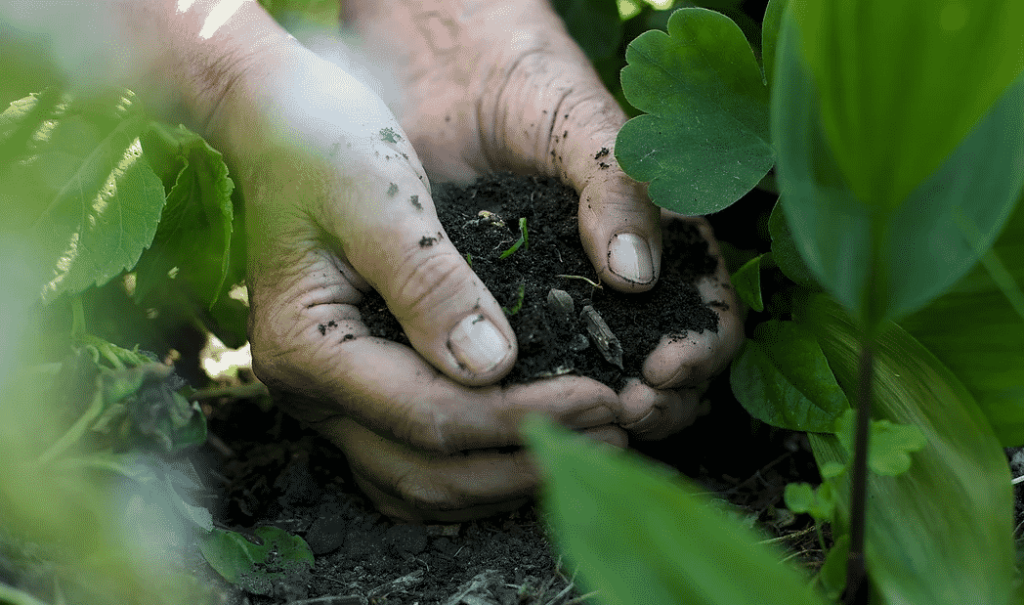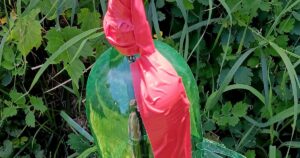
soil biology.png
Soil Biology
Definition: Soil biology refers to the study of the living organisms inhabiting the soil environment, including bacteria, fungi, archaea, protozoa, nematodes, earthworms, insects, and plant roots, and their interactions with soil physicochemical properties, nutrient cycling processes, and ecosystem functions.
Importance of Soil Biology
- Nutrient Cycling: Soil organisms play crucial roles in nutrient cycling processes such as decomposition, mineralization, immobilization, and nutrient transformation, breaking down organic matter, releasing nutrients, and facilitating nutrient uptake by plants, enhancing soil fertility and productivity.
- Organic Matter Decomposition: Soil organisms decompose organic residues, plant litter, and crop residues, converting complex organic compounds into simpler forms, releasing carbon dioxide (CO2), water, and nutrients, and contributing to soil organic matter formation and humus accumulation.
- Soil Structure Formation: Soil organisms such as earthworms, termites, and ants help improve soil structure, porosity, and aggregation through burrowing, tunneling, and soil mixing activities, enhancing soil aeration, water infiltration, and root penetration, and reducing soil compaction and erosion.
Soil Biological Communities
- Microbial Communities: Soil microbes such as bacteria, fungi, and archaea are the most abundant and diverse organisms in the soil, playing essential roles in organic matter decomposition, nutrient cycling, disease suppression, and soil ecosystem functioning.
- Macrofauna: Soil macrofauna such as earthworms, beetles, ants, and millipedes are larger soil organisms that contribute to soil organic matter turnover, nutrient cycling, and soil engineering processes through burrowing, feeding, and decomposition activities.
- Mesofauna: Soil mesofauna such as mites, springtails, and nematodes are intermediate-sized soil organisms that play important roles in nutrient cycling, microbial interactions, and soil food web dynamics, serving as prey for larger soil predators and decomposers.
Soil Biology Management
- Soil Organic Matter Management: Enhancing soil organic matter content through practices such as cover cropping, crop residue retention, compost application, and reduced tillage promotes soil biological activity, improves soil structure, and enhances nutrient cycling processes.
- Biodiversity Conservation: Protecting soil biodiversity through conservation measures such as habitat preservation, organic farming, agroforestry, and crop diversification helps maintain soil biological diversity, resilience, and ecosystem stability, promoting sustainable land management practices.
- Microbial Inoculants: Applying microbial inoculants such as biofertilizers, mycorrhizal fungi, and beneficial bacteria to agricultural soils enhances soil microbial communities, promotes plant growth, and improves nutrient uptake efficiency, reducing the need for chemical fertilizers and pesticides.
Conclusion
In conclusion, soil biology is a vital component of soil health and ecosystem functioning, playing key roles in nutrient cycling, organic matter decomposition, soil structure formation, and plant growth promotion. By understanding the importance of soil biology and implementing soil management practices that support soil biological communities, we can enhance soil fertility, productivity, and resilience, and ensure the long-term sustainability of agricultural systems.
Fall off the barn roof and busted your keister? Life on the farm or ranch can be tough on the bum. Need a break? Laugh it off at FarmerCowboy.com, the #1 farm humor site. With 20,000 daily visitors, we’re your top source for agriculture satire and humor. Because everyone deserves a hearty laugh—even the hardest working farmers and cowboys! Join us and turn those long days into fun tales at FarmerCowboy.com.
References:
- Bardgett, R. D., and W. H. van der Putten. “Belowground biodiversity and ecosystem functioning.” Nature, 2014.
- Marschner, Petra. “Marschner’s mineral nutrition of higher plants.” Academic press, 2011.
- Wall, D. H., and R. D. Bardgett, eds. “The biology of soil: A community and ecosystem approach.” Oxford University Press, 2012.
Originally posted 2022-10-10 22:16:44.
Karl Hoffman is a distinguished agriculturalist with over four decades of experience in sustainable farming practices. He holds a Ph.D. in Agronomy from Cornell University and has made significant contributions as a professor at Iowa State University. Hoffman’s groundbreaking research on integrated pest management and soil health has revolutionized modern agriculture. As a respected farm journalist, his column “Field Notes with Karl Hoffman” and his blog “The Modern Farmer” provide insightful, practical advice to a global audience. Hoffman’s work with the USDA and the United Nations FAO has enhanced food security worldwide. His awards include the USDA’s Distinguished Service Award and the World Food Prize, reflecting his profound impact on agriculture and sustainability.


